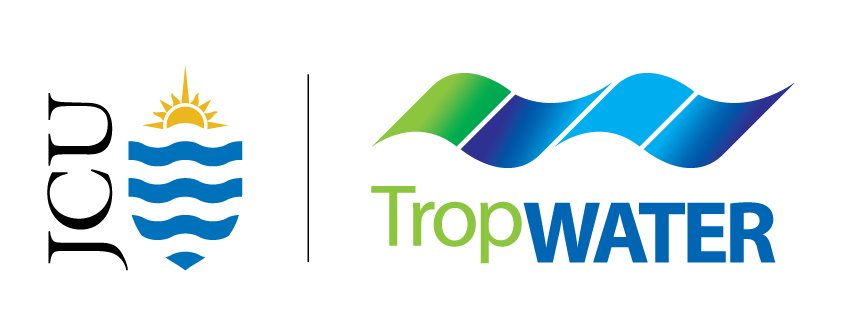Coral reef habitats
Coral reef habitats support thousands of species. The Great Barrier Reef alone makes up about 10 per cent of the world's coral reef ecosystem.
Our scientists undertake multiple monitoring programs to provide governments and industries with essential data on the condition of coral habitats. We also work closely with Traditional Owners, communities, and tourism operators in monitoring and coral reef resilience-building projects.
We surveyed over 250 km of coastline with First Nations partners to assess the impact of flooding caused by Tropical Cyclone Jasper, one year after the flood event.
Assessing the impacts of flooding after Tropical Cyclone Jasper

Monitoring
A local network to connect, grow and champion the efforts of diverse organisations in the region to support the resilience of the Great Barrier Reef.
Cairns Port Douglas Reef Hub

Community
We closely monitor coral reefs around Great Barrier Reef islands to understand their condition. We assess the impacts of disturbances such as cyclones, floods, and coral bleaching, and help track the patterns of recovery following these events.
Long-term monitoring of coral reefs at inshore islands in the Great Barrier Reef Marine Park

Monitoring
Our rapid visual surveys mapped 3,500 km² of benthic fauna and seagrass in five reef lagoons of the Coral Sea Marine Park, leading to further research on potential fish nurseries in deepwater marine vegetation areas.
Reef lagoon benthic habitat mapping in the Coral Sea Marine Park

Monitoring, Research
We are producing new environmental and climate proxy records to provide a greater understanding of the Reef's disturbance history and long-term ecosystem evolution.
Long-term environmental records across the Great Barrier Reef

Research
Projects

Adam Smith
Adjunct Professor

April Hall
Senior Research Officer

Gemma Galbraith
Senior Research Officer

Ian McLeod
Adjunct Professor

Katie Chartrand
Senior Research Fellow

Katie Motson
Casual Research Worker

Kevin Kane
Adjunct Associate Professor

Maya Srinivasan
Principal Research Officer

Paul Marshall
Adjunct Professor

Roger Beeden
Adjunct Professor

Severine Choukroun
Research Associate

Tessa Concannon
Research Worker
Emslie MJ, Ceccarelli DM, Logan M, Blandford MI, Bray P, Campili AR, Cantin N, Choukroun S, Cole A, Jonker MJ, Langlais C, Puotinen M, Prenslau T, Sinclair-Taylor TH, Stephenson B.
Coral reef habitats


